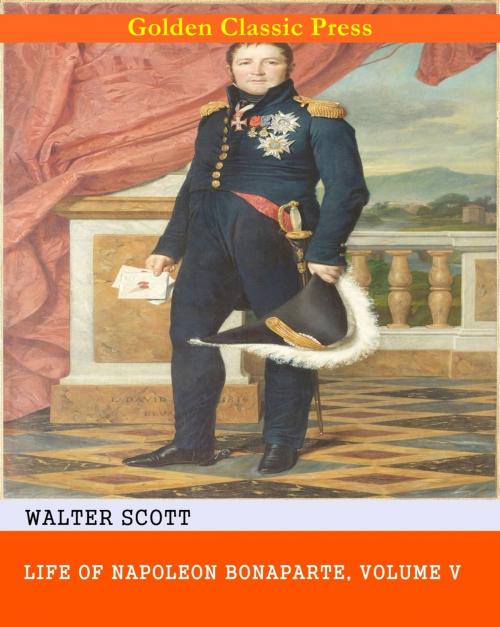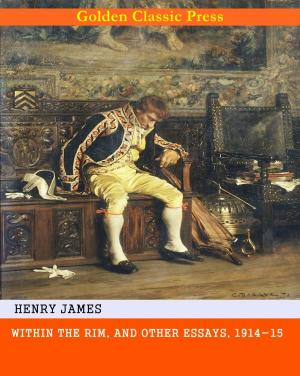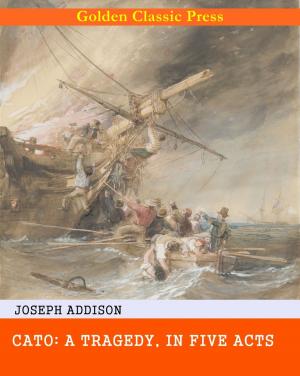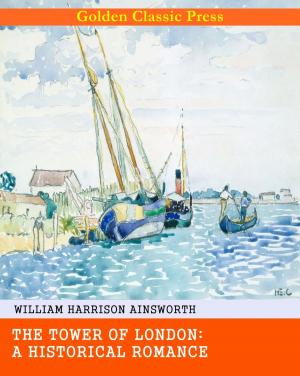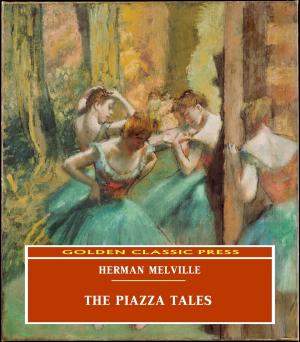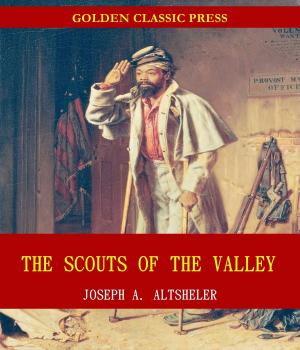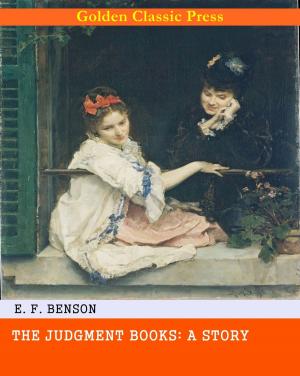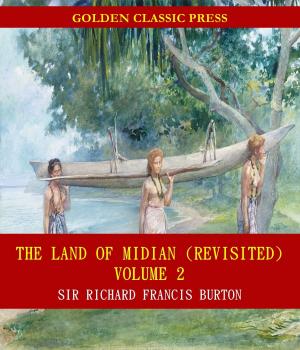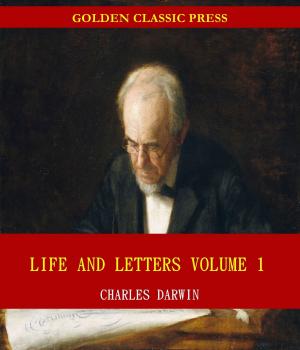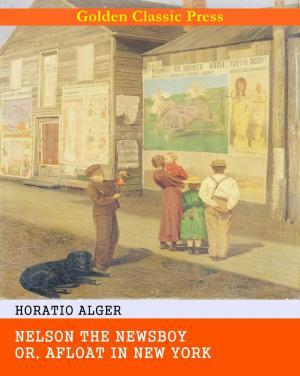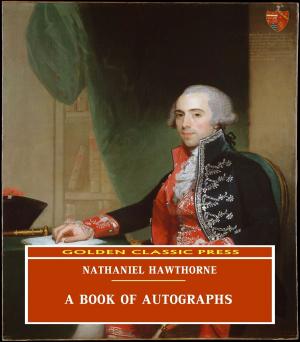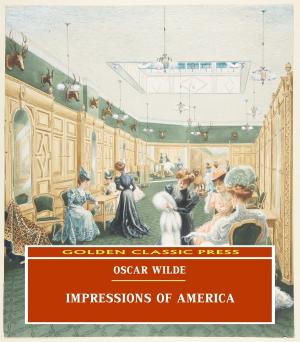| Author: | Walter Scott | ISBN: | 1230002937472 |
| Publisher: | GOLDEN CLASSIC PRESS | Publication: | November 28, 2018 |
| Imprint: | Language: | English |
| Author: | Walter Scott |
| ISBN: | 1230002937472 |
| Publisher: | GOLDEN CLASSIC PRESS |
| Publication: | November 28, 2018 |
| Imprint: | |
| Language: | English |
*** Original and Unabridged Content. Made available by GOLDEN CLASSIC PRESS***
Synopsis:
Sir Walter Scott was born on August 15, 1771 in Edinburgh, Scotland. Scott created and popularized historical novels in a series called the Waverley Novels. In his novels Scott arranged the plots and characters so the reader enters into the lives of both great and ordinary people caught up in violent, dramatic changes in history.
Scott's work shows the influence of the 18th century enlightenment. He believed every human was basically decent regardless of class, religion, politics, or ancestry. Tolerance is a major theme in his historical works. The Waverley Novels express his belief in the need for social progress that does not reject the traditions of the past. He was the first novelist to portray peasant characters sympathetically and realistically, and was equally just to merchants, soldiers, and even kings.
Central themes of many of Scott's novels are about conflicts between opposing cultures. Ivanhoe (1819) is about war between Normans and Saxons. The Talisman (1825) is about conflict between Christians and Muslims. His novels about Scottish history deal with clashes between the new English culture and the old Scottish. Scott's other great novels include ,i>Old Mortality (1816), The Heart of Midlothian (1819), and St Ronan's Well (1824). His Waverley series includes Rob Roy (1817), A Legend of Montrose (1819), and Quentin Durward (1823).
Scott's amiability, generosity, and modesty made him popular with his contemporaries. He was also famous for entertaining on a grand scale at his Scottish estate, Abbotsford.
*** Original and Unabridged Content. Made available by GOLDEN CLASSIC PRESS***
Synopsis:
Sir Walter Scott was born on August 15, 1771 in Edinburgh, Scotland. Scott created and popularized historical novels in a series called the Waverley Novels. In his novels Scott arranged the plots and characters so the reader enters into the lives of both great and ordinary people caught up in violent, dramatic changes in history.
Scott's work shows the influence of the 18th century enlightenment. He believed every human was basically decent regardless of class, religion, politics, or ancestry. Tolerance is a major theme in his historical works. The Waverley Novels express his belief in the need for social progress that does not reject the traditions of the past. He was the first novelist to portray peasant characters sympathetically and realistically, and was equally just to merchants, soldiers, and even kings.
Central themes of many of Scott's novels are about conflicts between opposing cultures. Ivanhoe (1819) is about war between Normans and Saxons. The Talisman (1825) is about conflict between Christians and Muslims. His novels about Scottish history deal with clashes between the new English culture and the old Scottish. Scott's other great novels include ,i>Old Mortality (1816), The Heart of Midlothian (1819), and St Ronan's Well (1824). His Waverley series includes Rob Roy (1817), A Legend of Montrose (1819), and Quentin Durward (1823).
Scott's amiability, generosity, and modesty made him popular with his contemporaries. He was also famous for entertaining on a grand scale at his Scottish estate, Abbotsford.
